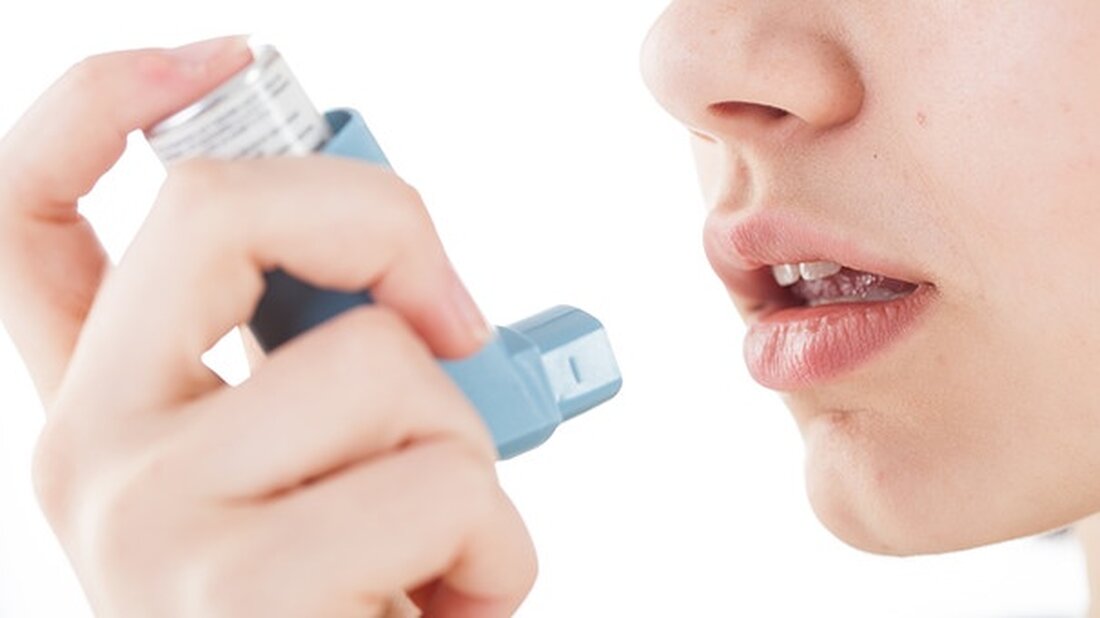Asthma caused by cockatoo? Is it possible and an effective solution
If you have recently adopted one of the many breathtakingly beautiful varieties of cockatoos and are enjoying the bird immensely, congratulations. However, if you have difficulty breathing every time you spend more than 5 minutes in close proximity to the bird, you have assumed a problem that you did not expect. Is it possible that the bird is causing these symptoms and if so, what can be done? This is not an uncommon reaction for people who adopt powder birds such as cockatoos, African grays, cockatiels, and amazons. In addition to the scales that all birds produce, cockatoos also produce a white powder that...

Asthma caused by cockatoo? Is it possible and an effective solution
If you have recently adopted one of the many breathtakingly beautiful varieties of cockatoos and are enjoying the bird immensely, congratulations. However, if you have difficulty breathing every time you spend more than 5 minutes in close proximity to the bird, you have assumed a problem that you did not expect. Is it possible that the bird is causing these symptoms and if so, what can be done?
This is not an uncommon reaction for people who adopt powder birds such as cockatoos, African grays, cockatiels, and amazons. In addition to the scales that all birds produce, cockatoos also produce a white powder that helps their wings stay healthy.
The protein in dander and dust often causes people with asthma, allergic asthma and allergies to become symptomatic with wheezing, shortness of breath, itchy or watery eyes, runny nose, congestion and sneezing. Studies have shown that there are more people who react this way to birds than to any other type of pet.
So what can you do? You can literally clean the air. And the best technology for this is HEPA filtration (or high-efficiency particle capture). This type of filtration is designed to efficiently remove large amounts of airborne particles. By eliminating these particles, the allergens in the air are significantly reduced and visiting with your bird becomes not only possible but also enjoyable.
To be called a HEPA filter, it must be able to remove 99,997 out of 10,000 particles in the air with 99.97% accuracy. The particle size that can be eliminated is 3 micrometers or larger, with a micrometer being defined as one millionth of a meter.
One of the most common ways bacteria and viruses spread is by attaching themselves to airborne particles, making them available for inhalation. And although many types of germs in the air are less than 3 micrometers in size, eliminating the particles also removes the germs. The most refreshing thing about this technology is that there are no harmful side effects while purifying the air. The only byproduct is fresh, clean air for everyone.
Removing dust and dander is also good for your bird. Because birds' airways are so small, they can easily become blocked. And once they become clogged, illness and infection often follow. And often, if you know your pet has a problem, it's also rescuing them.
HEPA filtration can significantly reduce the airborne allergens that trigger your breathing problems and make your air as healthy as possible for you and your bird.
Inspired by Debbie Davis

 Suche
Suche
 Mein Konto
Mein Konto
